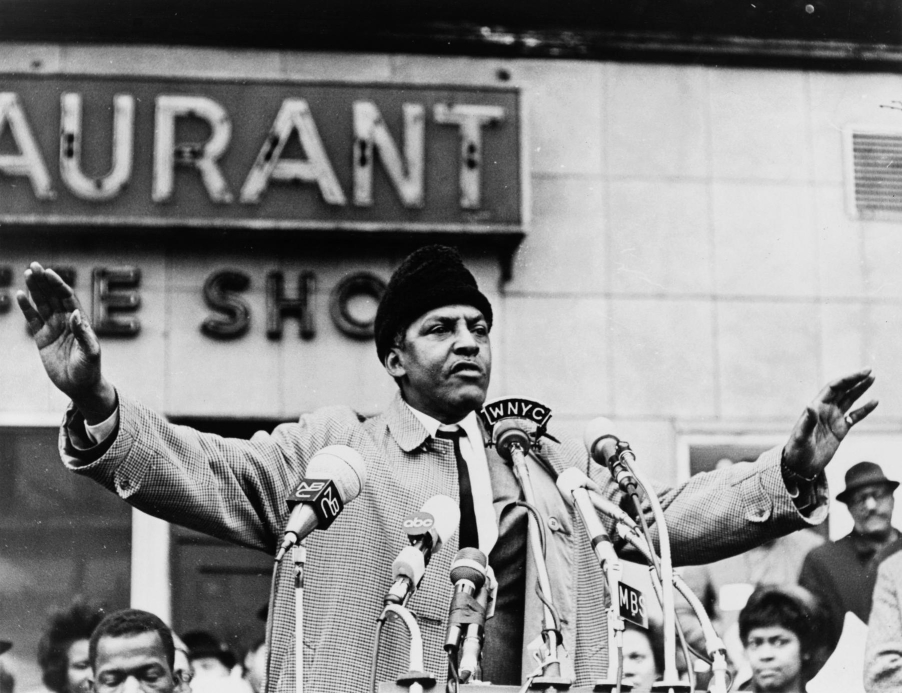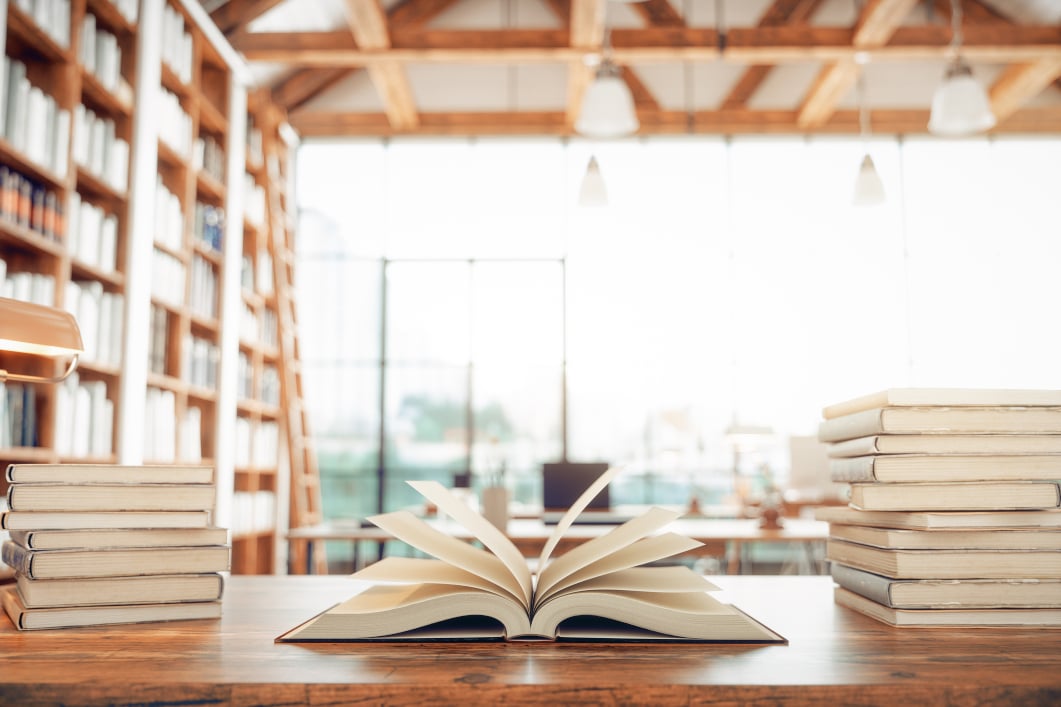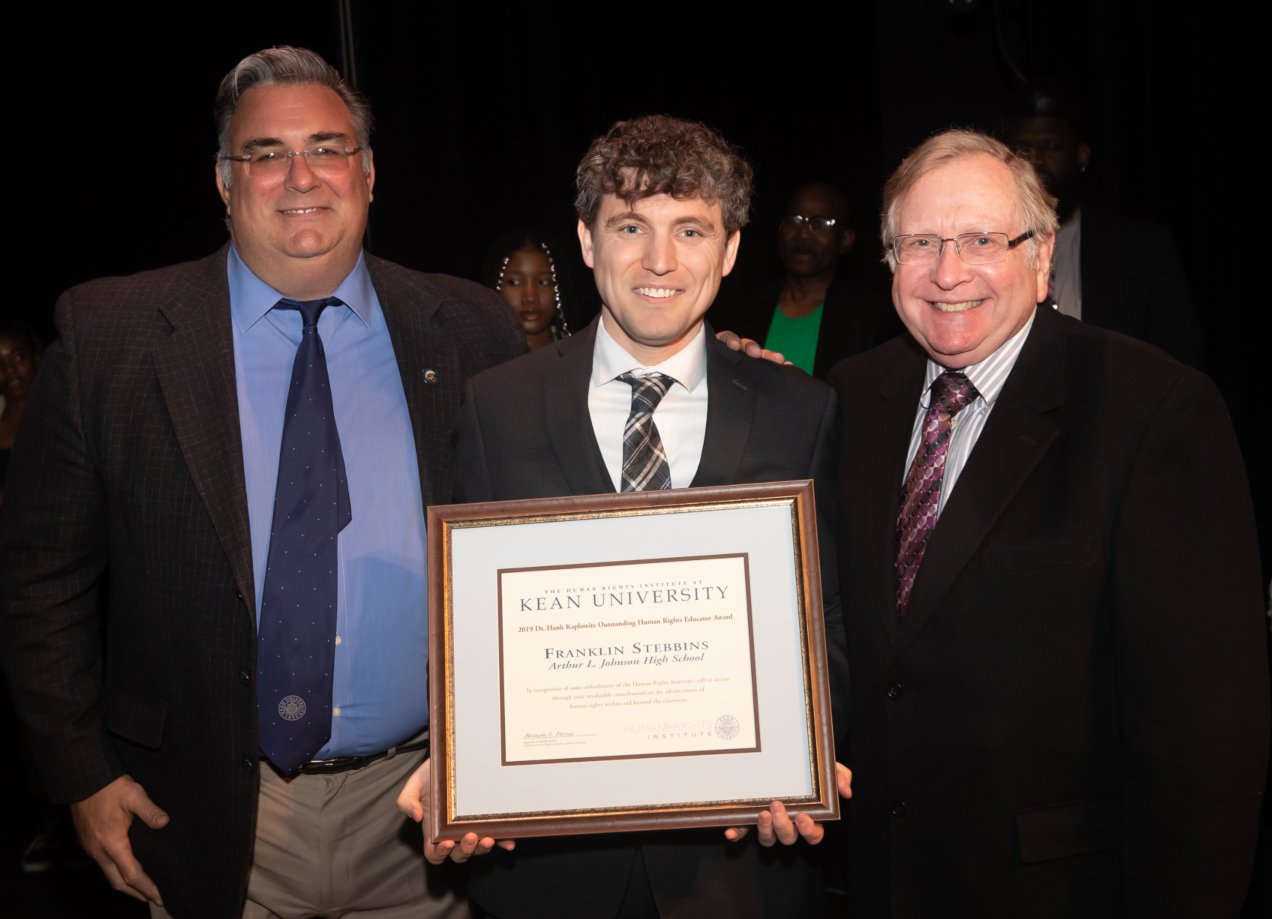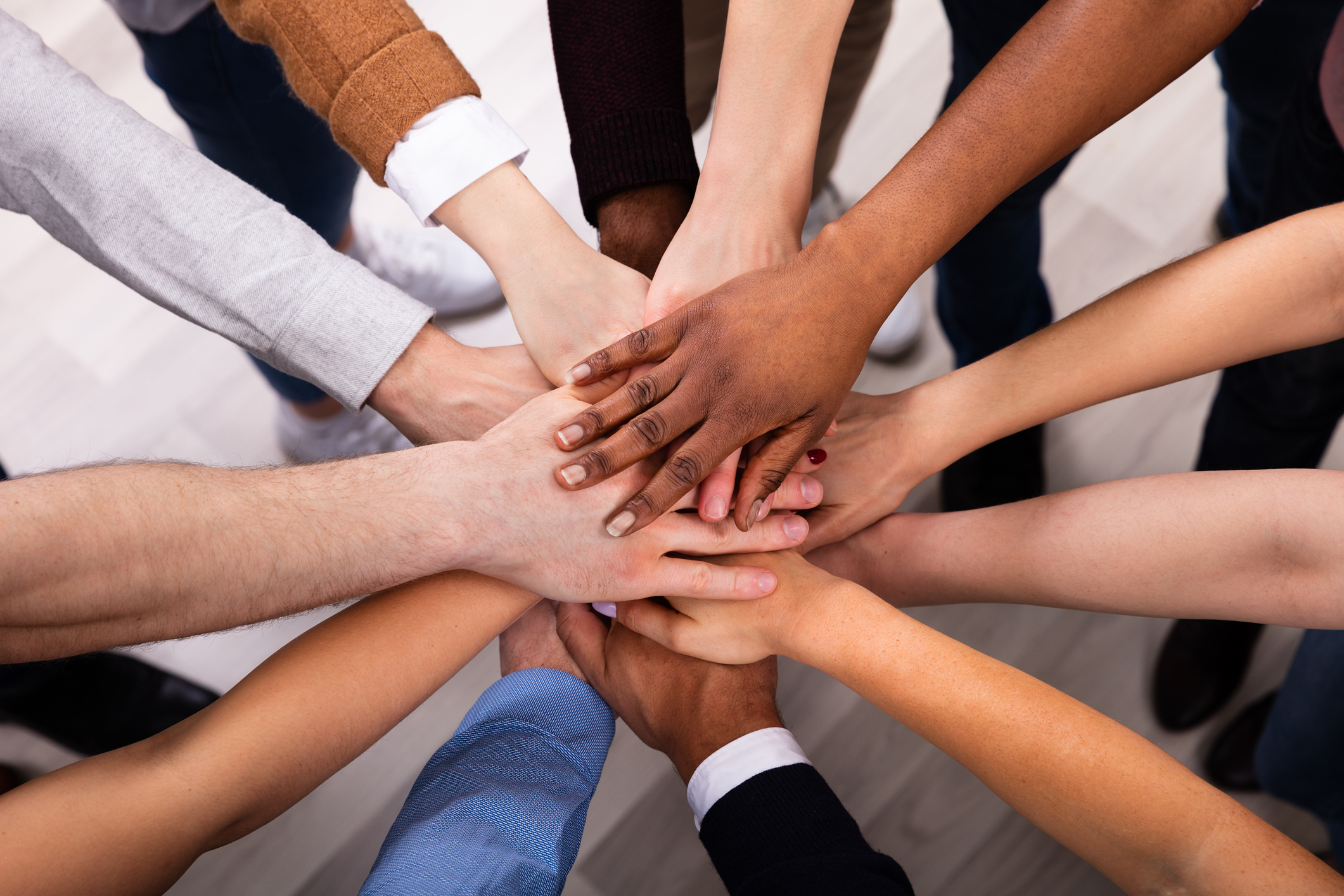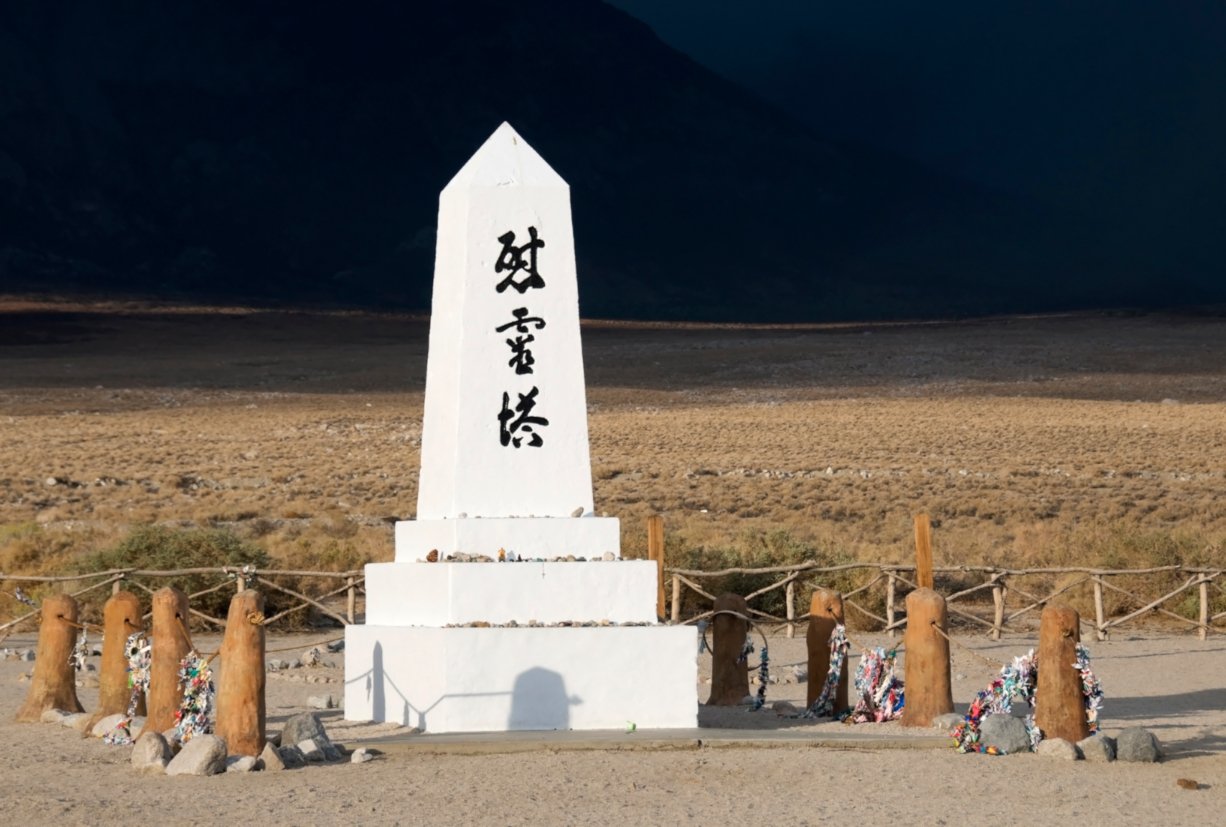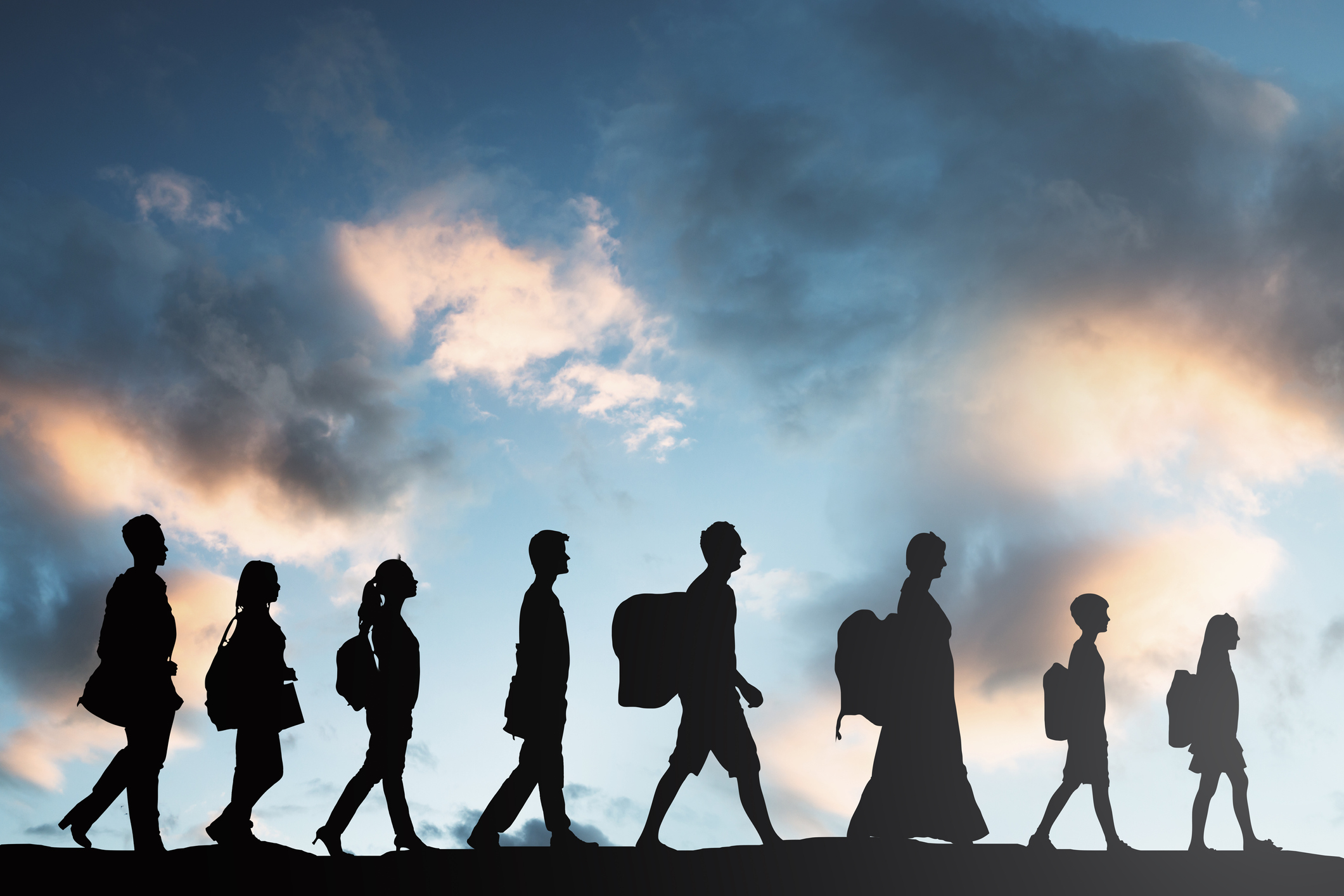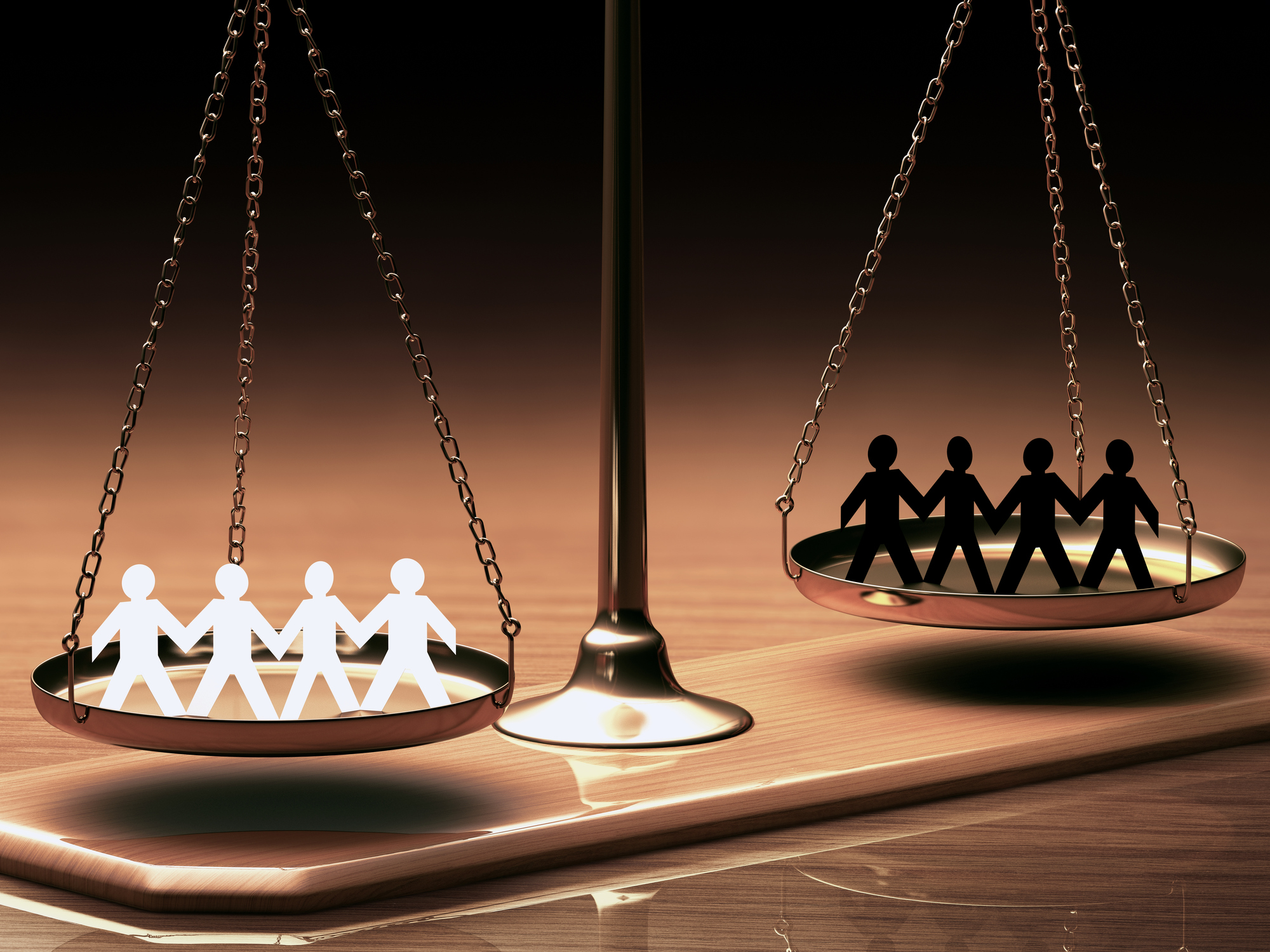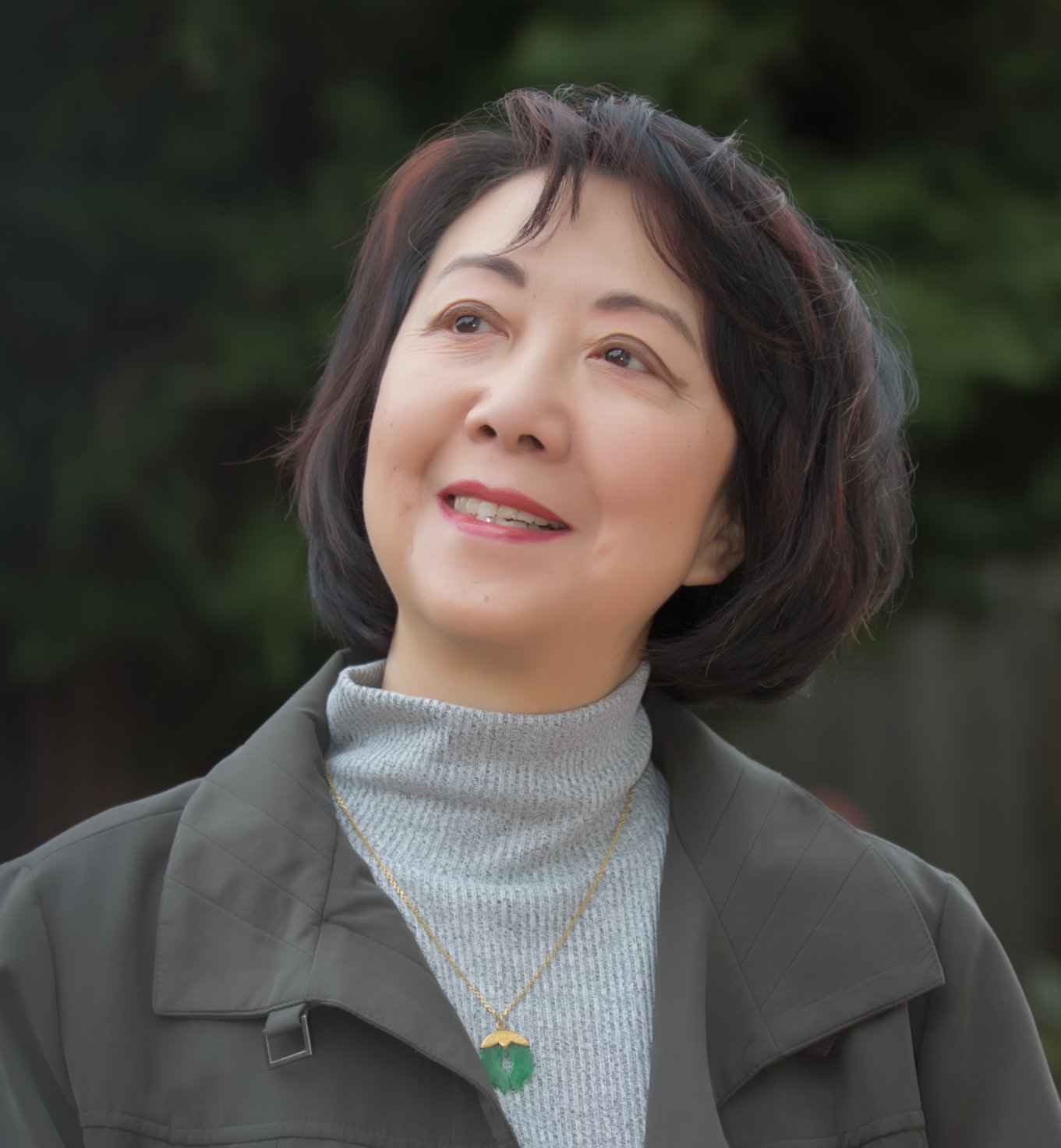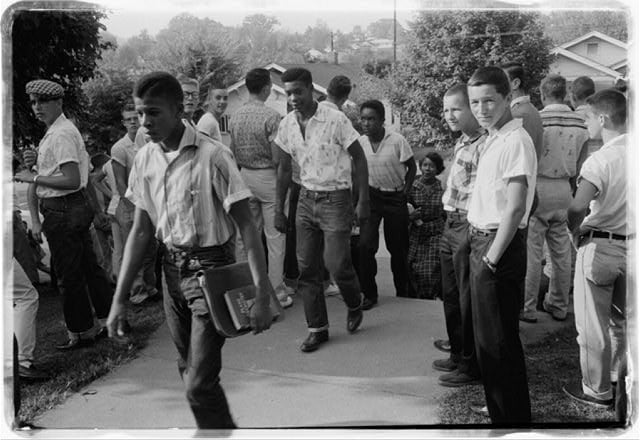LGBTQ Pride Month every June is an opportunity to explore and amplify the stories of LGBTQ people past and present. But even during Pride Month, we seldom hear stories of LGBTQ people of color. Described as the “unknown hero” of the Civil Rights Movement, Bayard Rustin was the openly gay African American civil rights activist who served as the chief organizer of the historic March on Washington.
Brother Outsider: Remembering Gay Civil Rights Leader Bayard Rustin
Posted by Kaitlin Smith on June 17, 2019
Topics: Civil Rights Movement, LGBTQ, Black History
Summer is a time for relaxation. However, many of us also seek books and stories that will immerse us in the experiences of others, or will help us stay engaged in making a better world. Here are six picks that will teach, challenge, and inspire us.
Topics: Democracy, Immigration, Race and Membership, Holocaust Education, LGBTQ, Reading List
Acclaimed Educator Frank Stebbins on Facing History and Human Rights Education
Posted by Kaitlin Smith on June 7, 2019
From left to right: Freeholder Alexander Mirabella, Frank Stebbins, and Dr. Hank Kaplowitz.
In a recent interview, I spoke with acclaimed educator Frank Stebbins about his path to teaching, unique approaches in the classroom, and how Facing History has been instrumental in his development as an educator. Stebbins was recently named the 2019 Hank Kaplowitz Outstanding Human Rights Educator of the Year by the Human Rights Institute at Kean University.
Topics: Identity, Teachers, Universe of Obligation, Holocaust Education, Social-Emotional Learning, Holocaust and Human Behaviour, facing history pedagogy
The recent 65th anniversary of Brown v. Board of Education—the landmark 1954 U.S. Supreme Court decision that overturned the policy of state-sanctioned segregation in public schools—raised a number of vexing questions for those concerned with educational equity today. As a decades-old quagmire of competing interests sustains school segregation in many parts of the country, this anniversary reminds us that we must have all hands on deck in the continuing fight for educational equity.
Topics: Civil Rights Movement, Democracy, Race and Membership, Jewish Education Program
Aliens in Their Own Land: The Incarceration of Japanese Americans
Posted by Brian Fong on May 28, 2019
Travel 230 miles north of Los Angeles to Owens Valley at the foot of the Sierra Nevada Mountain range and you will find a white concrete obelisk with black Japanese writing rising out of the desert. Only a few simple gravestones stand in the background a few feet away. Today, the obelisk is one of the few remaining structures from the Manzanar War Relocation Center—an American concentration camp where Japanese Americans were held during World War II.
Topics: Democracy, Immigration, Japanese American Incarceration
In our present political climate, discussion of immigration is both essential and inevitable. But how can we confront these polarizing issues in the classroom in ways that deepen empathy, deliver vital historical context, and promote critical thinking? Check out these three rich resources designed for educators who are interested in addressing immigration in the classroom:
Topics: Democracy, Immigration
Sixty-five years ago today, the justices of the United States Supreme Court voted to overturn decades of racial segregation in American public schools. Buttressed by the groundbreaking research of psychologists Drs. Kenneth and Mamie Clark on the adverse effects of segregation on black children, the Brown v. Board of Education decision inaugurated a new chapter in American education that would compel communities to reckon with racism and inequality in new ways. But as we reflect upon this momentous legal decision, we must ask whether the educational equity that Brown called for has actually been realized—as well as what curious residues of racial segregation remain more than a half-century later.
Topics: Civil Rights Movement, Democracy, Schools, Civil Rights
"Democracy cannot succeed unless those who express their choice are prepared to choose wisely. The real safeguard of democracy, therefore, is education." -Franklin D. Roosevelt
During April, Extinction Rebellion staged one of the biggest acts of peaceful civil disobedience that London has ever experienced. Over 1,000 arrests were made, with many of those arrested returning to the protest as soon as they were released. The group – who are said to cite the Suffragettes, Occupy and the Rev. Dr. Martin Luther King, Jr. as sources of inspiration – are striving to create a common sense of urgency around the world about climate change.
Topics: United Kingdom, Democracy
In a recent interview, acclaimed writer and educator Ji-li Jiang illuminated a number of key lessons that American educators and citizens can glean from the Chinese Cultural Revolution—a tragedy that she only narrowly survived. Jiang is the author of Red Scarf Girl: A Memoir of the Cultural Revolution.
KS: For any of our readers who may not be familiar with the Cultural Revolution in China, how would you characterize it?
JJ: The Cultural Revolution was the most destructive political movement in Chinese modern history.
Topics: Red Scarf Girl, china
6 Resources That Look at the History and Legacy of Brown v. Board of Education
Posted by Kaitlin Smith on May 3, 2019
Nearly 65 years ago, the U.S. Supreme Court ruled unanimously in Brown v. Board of Education that separate schools for black and white children were not and could never be equal. As we navigate continuing threats to educational equity in the present, we invite you to learn more about the history of Brown and its legacy through these six resources.
Topics: Civil Rights Movement, Civil Rights, Black History

